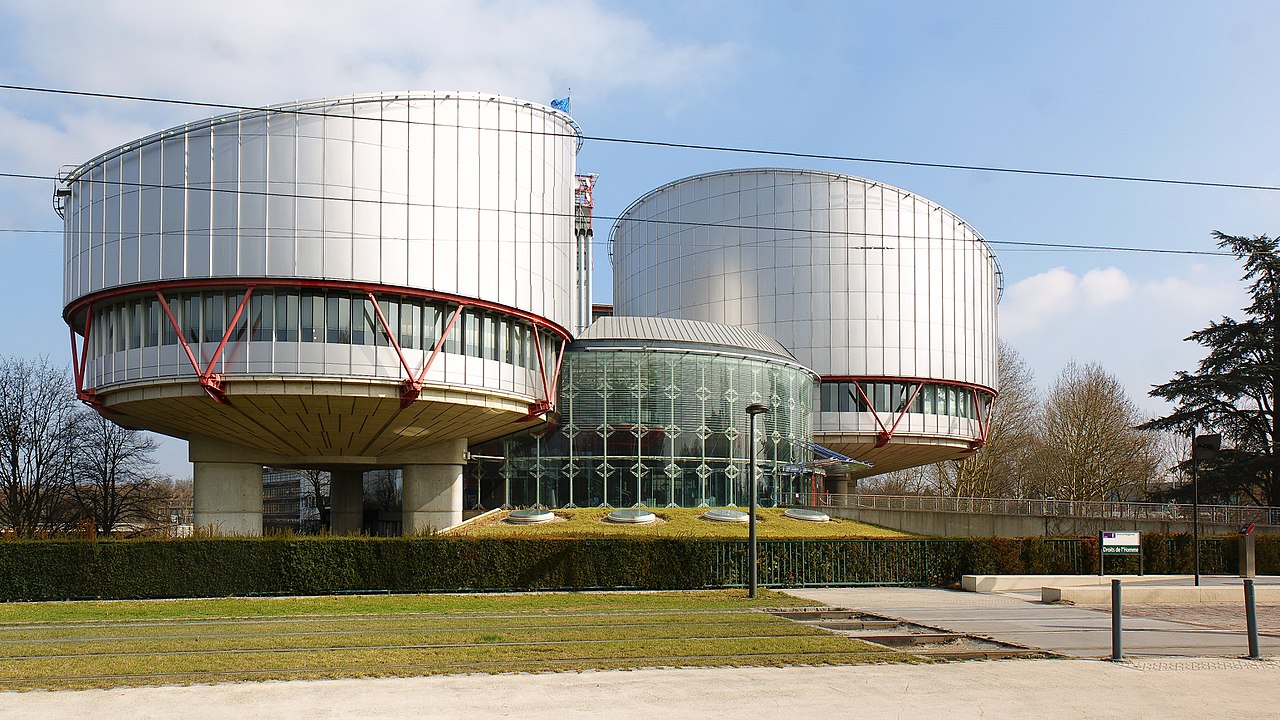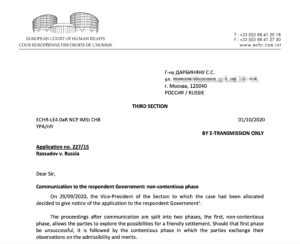ECHR asks Russia to friendly settle the case with the Pirate Party of Russia

 Do you remember the seemingly never-ending story of the refusal of Russia’s authorities to register the Pirate Party of Russia?
Do you remember the seemingly never-ending story of the refusal of Russia’s authorities to register the Pirate Party of Russia?
It first started in March 2011, when “In a bizarre twist, the Justice Ministry has failed to distinguish between sea robbers and copyright infringers” as Moscow Times put it. Then a second refusal was received in December 2012 (Pirate Times reported) and a third followed in October 2013. The Russian Pirate had tried to take this decision to court, but by the end of 2014 was running out of options, as all Russian courts upheld the decision of the Russian Ministry of Justice not to register the Pirates in Russia. The European Court of Human Rights (ECHR) was their last resort.
Now, after seven years after the initial ministry’s refusal, the ECHR had communicated the case and asks the involved parties to find a friendly settlement by January 18th, 2021. If no friendly settlement can be found, then the regular, contentious phase, will start.
To recall: the main reasons of the Russian authorities not to register the new political party was the name “Pirate” itself – that seemed to be not a fit for a political party that would nominate candidates to the post of the President of the Russian Federation – and by nominating a “Pirate”, they would certainly undermine the position of the President itself!
Russia has currently 42 registered political parties – but in 2011, as the Pirates first filed a registration, there have been only seven. The rise in the numbers of parties is due to another decision of ECHR – in the case of the Republican Party of Russia (today they go by the name “People’s Freedom Party”), that forced Russia to drastically relax its requirements for the registration of new political parties. For example, the number of members, that a Party should have at the moment of its registration was dropped from 40000 down to “just” 500 (a drop by the factor of 80). Between 2012 and 2020 a total of 90 new political parties had met the registration criteria and got registered, but also the registration of 56 parties has been cancelled again. The number of newly registered parties declined drastically – there had been zero new registrations between 2017 and 2019, this year the registrations resumed, with four new parties being registered.
Many of the newly registered parties in Russia are so-called “spoilers” and have a role to mock opposition, diverting votes from whoever could challenge Putin’s party of power. Also called “TV show parties” they create an illusion of competition and democracy, while the real challenges are not being registered.
Among other parties that share the fate of the Russian Pirates is the “Russia of the Future” party of Alexey Navalny, which also has been denied registration on multiple occasions.